I must use regex in order to get the last two digits of a year but only when 4 digits exist. I have the following regex which works perfectly when there is 4 digits. Example 2014 - 14
^.{2}
However I need this to only work when 4 digits are present. I'm having an issue with it emptying my string when only 2 digits exist.

